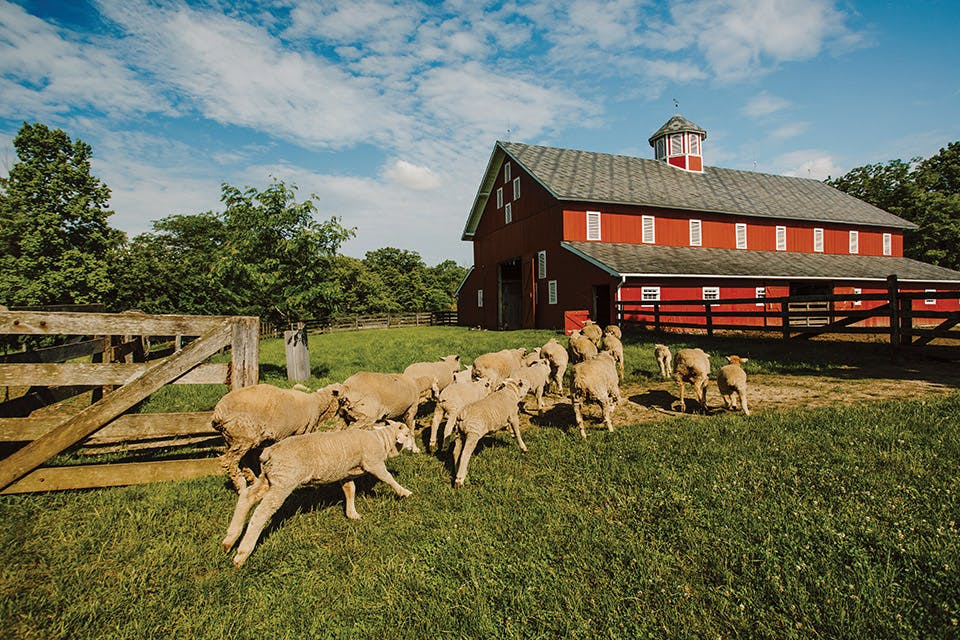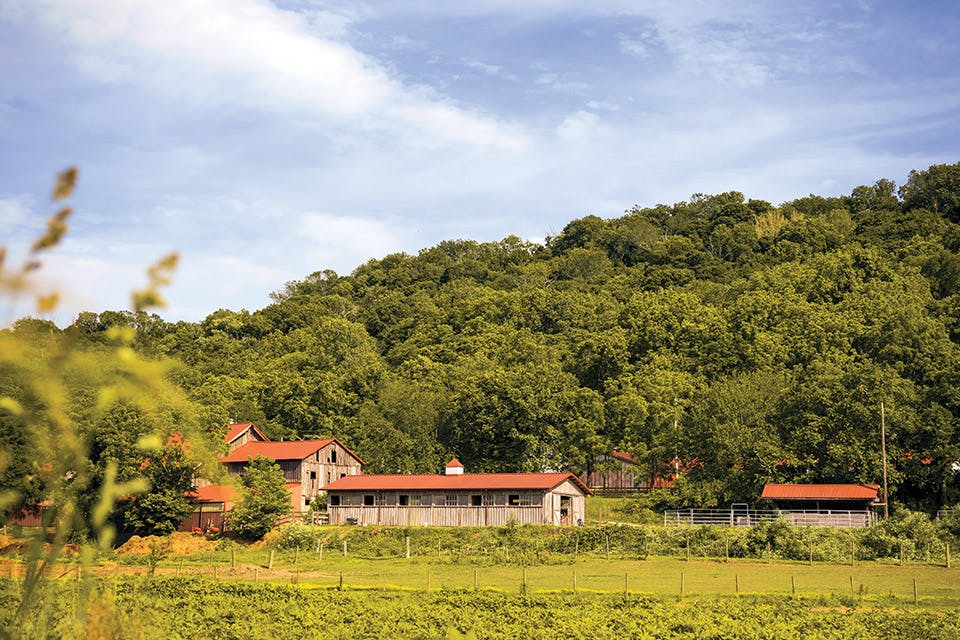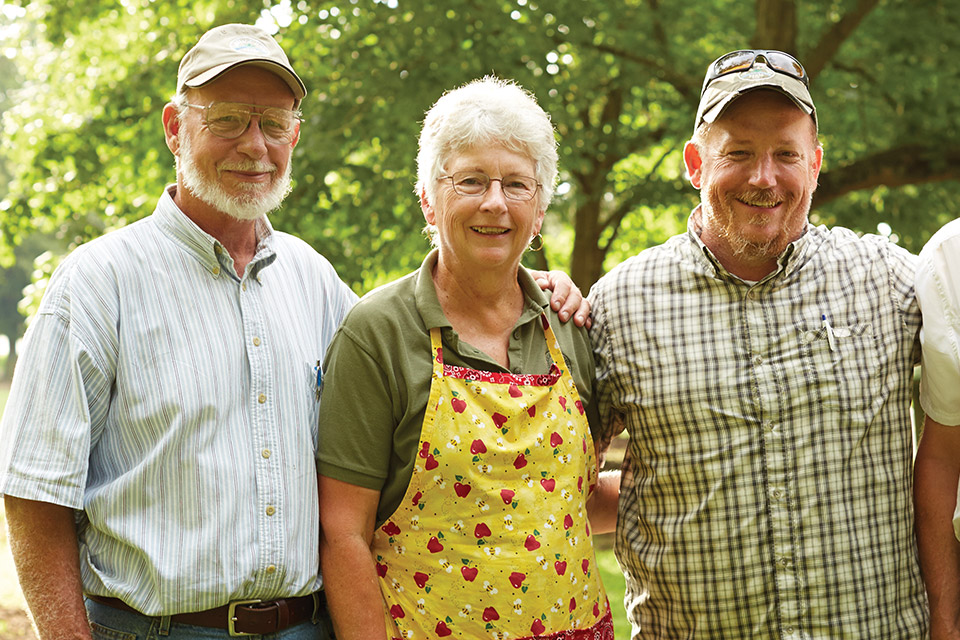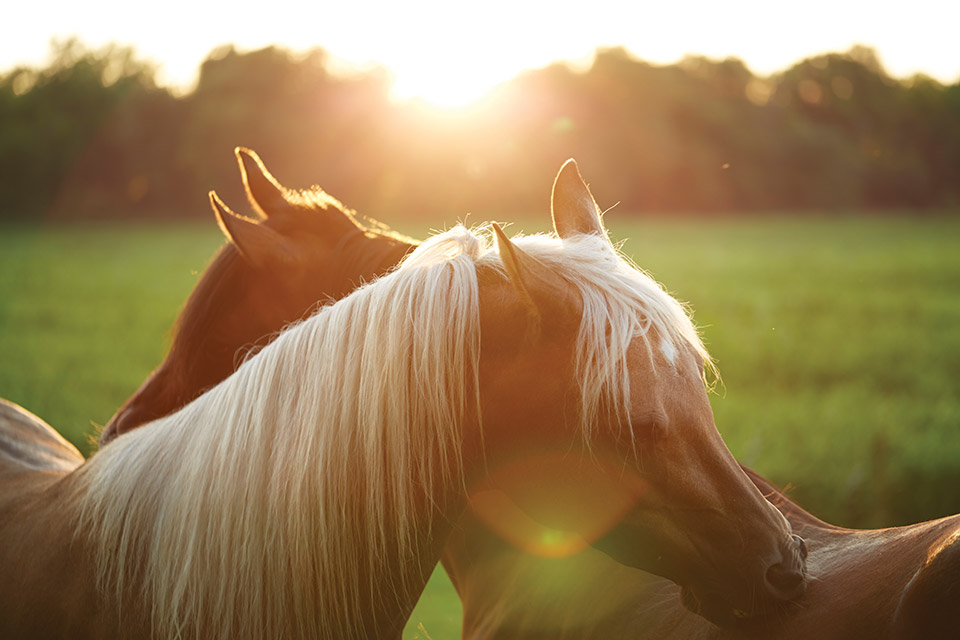Travel
Carriage House Farm, North Bend
This property was in Richard Stewart’s family for generations before becoming a place where visitors can learn about food and farming.
Related Articles
.jpg?sfvrsn=63bdb638_5&w=960&auto=compress%2cformat)
Enjoy Family Fun on the Farm in Lake County
Visit Lake Matroparks’ Farmpark on June 21 and 22 for Dairy Days, where kids can milk a cow, ride a pony and more. READ MORE >>

Ohio Farmer Lee Jones Appears in a New TV Series
“The Chef's Garden” from Rachel Ray and International Content’s Free Food Studios is set to premiere on the A&E network Jan. 27. READ MORE >>

3 Unique Small Farms in Ohio
From a living-history destination to a legacy property to an operation owned by three first-generation woman farmers, these places celebrate and illustrate our connection to the land. READ MORE >>





